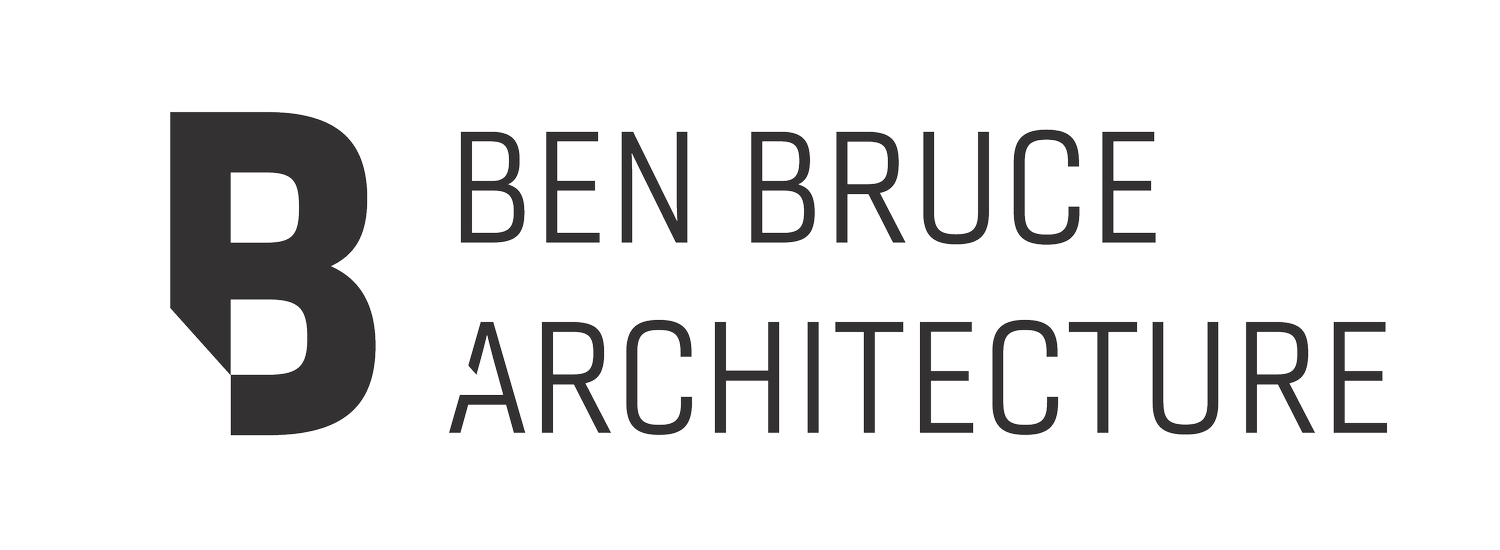Unearth How You Learn
Whatever your background, wherever you are from, whatever others have told you - there is one truth - you are unique. I have been told by many voices that I am one way or another. I catch myself even limiting myself by believing that I’m just not good at something. As I grow, and as I build upon my own education - I have learned this truth - that I am unique. This unique perspective I have often comes with a challenge. I can’t learn the same way as others might expect me to. Some things are innate, come quickly, are fun and undeniably easy for me. Others, it feels like learning the technique or memorizing knowledge is impossible. I tell myself that I’m stupid, before I catch it and correct that thought.
I had a breakthrough in an unusual but profound way.
I have been tasked to dive into the midst of Design Development on an intense lab renovation project with strict requirements. I didn’t know anything about labs other than that they contain a lot of utilities such as gases, electricity, casework, plumbing, and often require intense and idiosyncratic design solutions/products. That voice was in my head telling me I couldn’t do it. I know by now to take that as a challenge, to hone a weakness and make it strength. What was different this time was that I allowed myself to slow down.
In undergraduate and graduate school at Wentworth, I drew almost exclusively by hand. Drafting and sketching comprised my designs for projects, not because the technology wasn’t there, but because the process resonated with me. Once the time came to design in CAD, Rhino, Revit, etc… I felt as though not only was my intent lost along the way, but so was the joy of drawing. That remains true in my professional practice. I get almost no joy out of drawing in Revit - which means I don’t learn much. I don’t feel immersed, I feel slow, sluggish, even stupid. With casework, and the intensity of lab programs, my anxiety of learning was heightened.
What changed my perspective in the past two weeks was that I could take drawing by hand, something I deeply enjoy, and usually reserve for labors of love or for just sketching, and to apply it to replicating casework types, configurations, and details. I drew for an hour or two every day after work in an attempt to learn, to grow, to understand. It worked. If I didn’t know how something worked, or what the rules of thumb were, I do know. I retained that information well. Taking notes, adding dimensions, drawing to scale, drawing with care - these things helped my treat the casework with the same sense of humanity I might draw an urban space with. The cabinets got wood texture that emulated the warmth missing in a simple CAD elevation, the construction lines, the smudges, the imperfections, they helped me through the process of learning. It changed my perspective. I plan to take this with me for as long as I live. It really cements things for me.




